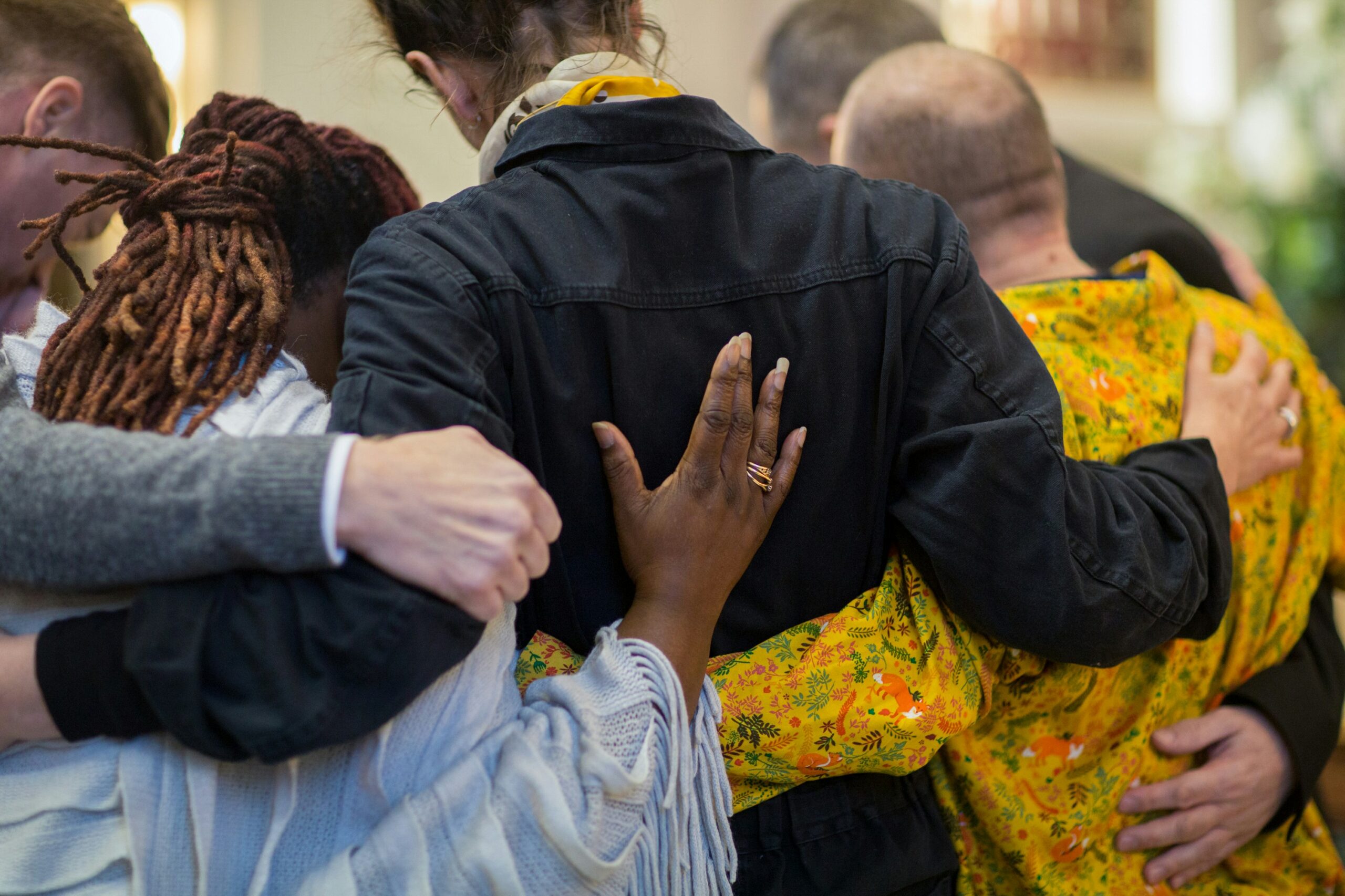
Grief is the natural reaction to change or loss of any kind. It also occurs when there’s a shift in a pattern of familiar behavior. We all deal with grief constantly in life, in great and small ways. Yet we are not taught how to cope or normalize these feelings. No wonder we may feel stuck, isolated, or broken. Give yourself a big hug for persevering through this journey.
Regardless of whether it’s a breakup, divorce, or other relationship shift, death of loved one, job transition, move, pet loss, or medical diagnosis, a cascade of emotional processes tend to happen. But everyone has different coping strategies or coping styles. And there are various stages that we may go through. For more on this and what is bargaining in grief, read this blog here.
While there is not one ideal way to approach the grieving process, there are certainly healthy and unhealthy coping mechanisms. In today’s post, we are going to talk about the unhealthy side of things – and how to better support yourself.
Let’s touch on what coping mechanisms are and how they work. This will help you identify what an unhealthy coping mechanism looks like.
Coping can be defined as the internal resources and reactions that arise to manage stressful situations. Coping mechanisms are typically done consciously or purposely, while defense mechanisms are done unconsciously (without awareness). They are both invoked to reduce stress in the brain, psyche, and emotional body.
Sometimes “active coping” is described as proactive or reactive, and divided into four main categories:
Unhealthy coping mechanisms are negative coping responses that don’t tend to work in the long run. They can lead to bad habits and ultimately cause more harm than good. Initially they may relieve pain or provide an effective distraction, but there’s a cost.
Here are some common yet maladaptive coping mechanisms:
The best way to unlearn unhealthy coping is by learning and adopting better coping skills and stress management. Here are 4 tips to help you positively cope with a difficult situation or loss.
Our society – and many families – teach us to avoid emotions. While this is changing as awareness grows about mental health and wellbeing, it’s still a rampant and unhealthy message. And sometimes we learn that our feelings are OK, but to hide them or keep them under wraps. God forbid the neighbor or your boss know that you are grief-stricken, enraged, or heartbroken.
The truth is that emotions are as natural as breathing. Ironically, the best way to get them to subside is to let them flow out as much as possible. Of course, you can avoid doing this publicly. It’s best to reserve emotional release for a private time or with a trusted person.
It can be helpful to journal or exercise when feeling grief. Both of these activities will support the emotional flow and release of pent-up stress. Remember that grief can come out in a multitude of ways, including sadness, crying, anger, rage, anxiety, hopelessness, confusion, numbness, and paralysis.
Social support is crucial for any type of healing. The key is for the support to be healthy and safe. This sounds obvious, but unfortunately there are endless grifters and fake gurus out there, plus well meaning family and friends who are not equipped to provide it.
But when you find a healthy person – and often the best choice is a mental health professional – sharing your feelings can be incredibly freeing. Being witnessed in our grief is often what brings a healing breakthrough.

When grief or pain or discomfort hits, take a beat. This is all about sitting with your feelings instead of reaching for the wine, shopping, love addiction, workaholism, etc. The urge to numb yourself or distract is natural, but not healthy. Breathe through the compulsive moment. You may be surprised at how quickly the intensity subsides once you actually let yourself feel it.
Work on increasing your self-awareness around triggers. What causes you to want to engage in negative behaviors? Maybe write it down. Then, replace these responses with something healthier.
For example, if you tend to reach for wine or chocolate cake when you feel the pangs of grief, call a friend or go for a run instead. As you take baby steps in the right direction with each small decision, it will get easier. Breaking bad habits of avoidant coping may take some time, but you can do it. It’s all about gradually reprogramming yourself to know that healthier coping mechanisms not only serve you in the long run, but are more effective at helping you in moments of grief too.
If you are looking to show your love or support to someone grieving, check out this blog next to learn about the best flowers for grief and their symbolism.
© Copyright Centered One by Erin, LLC. All rights reserved.
Photos by: